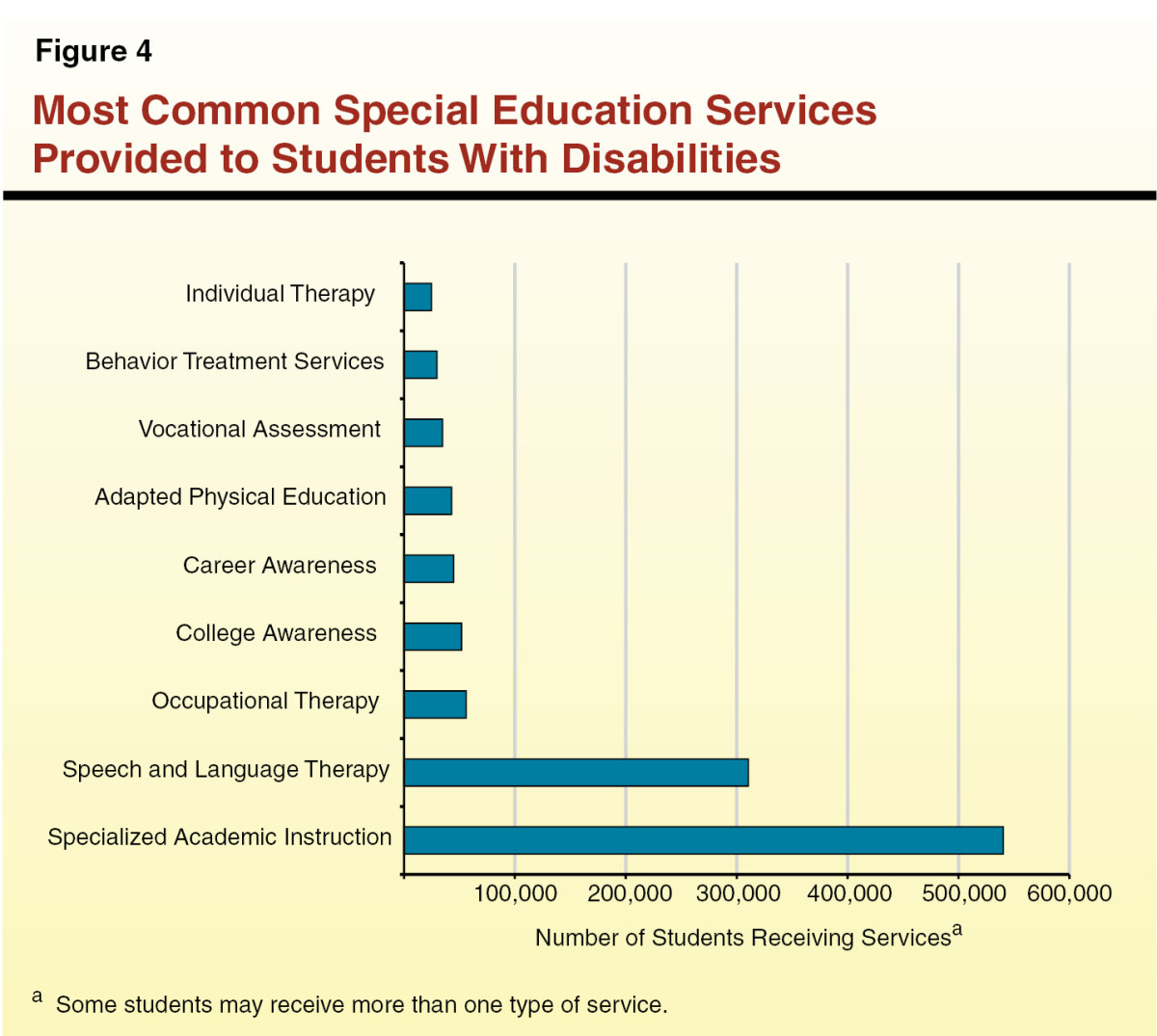Classical Education v. Common Core: Elementary Years
Good Books or Endless Testing?

Respecting Students' Natural Inclinations
le education reformers argue about the content of instruction, e.g. back-to-basics, Common Core, diversity training, and so on, there is little talk about another equally important factor: the timing of instruction. Human brains mature over a long period of time, and children need instruction that respects whatever cognitive stage they are in at the moment. One example of this principle is the time at which a toddler can learn to alternate steps when walking downstairs. This skill cannot be taught before the toddler is developmentally ready. Thankfully, there are no "professionals" yet suggesting we should reform preschool education by pushing our babies down the stairs. Unfortunately, the same wisdom does not prevail once that toddler hits the typical public school K-12 classroom.
Long before Piaget studied the cognitive delelopment of children, medieval educators had discovered a model that worked pretty well. This three-part model was called the trivium. These three stages helped teachers to teach the appropriate content at the appropriate time--when the student was ready. Thus students moved from grammar (chants, memorization) to dialectic (formal logic) to rhetoric (writing and speaking.) No medieval teacher expected a child to apply logic before learning a body of content on which to exercise his logical thinking. Unfortunately, in the name of improving education, the commercial enterprise known as Common Core has sold administrators (although not classroom teachers) on the idea that cognitive stages can be skipped or flip-flopped. They cannot! You can sell changed textbooks, but human brain development is a sequential process that will not be manipulated--no matter how much money is spent on the endeavor.
The Medieval Trivium
- Grammar: This roughly corresponds to the elementary grades in modern classical schools. At this age, children are hard-wired for memorization. This is the time to learn multiplication tables, parts of speech, poetry for recitation, the presidents of the United States, and the countries on a world map. Nature study and the reading of quality literature (by the child and read aloud by the teacher) are also essentials.
- Dialectic: This is generally the middle school age group in modern classical schools. Around this time, students' questions change from "What is that?" to "Why is that?" Education at this stage shifts to instruction in formal logic, expanded use of the scientific method, and plenty of reading.
- Rhetoric: The highest level of learning, this is when students get to integrate all they have learned and communicate it to others in a winsome or persuasive manner. The emphasis is on well-researched writing, public speaking, and debate. Learning is more valuable when it is shared with others through writing, speaking, or the arts.
Examples of the Trivium in Action
The Order of Learning Anything
How does the trivium methodology apply in modern life? Let's make an example of knitting. The grammar stage is learning to hold the needles and execute knit and purl stitches correctly. The dialectic or logic stage would be to learn why and how different stitch patterns are formed, that a sleeve is generally made on half the stitches of a sweater's body, or how to turn the heel on a sock. Knitters who reach a point where they are designing original patterns are at the rhetoric level.
Music is another good example. Would we expect a student to compose music (rhetoric) before learning to read notes on the staff (grammar) or understanding chord progressions (dialectic)? Learning has a logical order. While we can and should expose a beginner to great music as a model, we can't skip steps and teach harmony without melody or "Moonlight Sonata" before scales.
Common Core: Developmentally Inappropriate
Math
Common Core does not emphasize the basic math facts that children need to memorize while they are young. The new methods require children to go through convoluted processes to figure out an answer when simple memorization of multiplication tables would expedite the process, for example. In fairness, I must say that multiplication tables have been neglected for some time, at least in my state of North Carolina, so declining math standards are nothing new. Common Core, however, will accelerate the decline as frustrated students give up on math before anyone has even bothered to teach them the old standard algorithms that would have made math easier.
Language
Children develop spoken language through hearing and imitation. Vocabulary is developed through exposure. Cunningham and Stanovich found that the sheer volume of reading a child does builds vocabulary and fluency. Thus anything that increases the amount of reading children do (not answering comprehension questions, but actually reading) should be encouraged while anything that discourages students from becoming and remaining avid readers is detrimental to their development.
The classical model of education, as well as the Charlotte Mason approach and even the "unschoolong" approach, are more likely to encourage the reading of quality literature for pleasure than the "content" readings of the Common Core curriculum. For more about the ways modern education kills the avid reader that is inside most children, get a copy of Readicide by Kelly Gallagher.
If you have children, how are they taught?
The Elementary Years are Important
Children who read early and often and children who learn math facts by memory so they become automatic will be equipped for success in more advanced classes as their brains develop normally. Algebra students should not be held back by the fact that nobody encouraged them to practice arithmetic until it was automatic. You have more time to think about the abstract concepts in algebra when you don't have to think about what 8 x 7 =. Students should not have to struggle through Steinbeck or Shakespeare because nobody gave them time to read literature for pleasure and develop good vocabularies.
Most important of all, no student should hate learning because their idea of learning was shaped by developmentally inappropriate education. We can ill afford a generation that never learned to love reading and never developed the math skills or interest to enter STEM careers and earn healthy incomes.
I was blessed to have a family and teachers who encouraged my love of reading and creative writing. I also was blessed with teachers who encouraged me to learn all the math and science I possibly could. Those skills and passions enriched my life and gave me options and opportunities I would have otherwise missed. I want other children to enjoy those same gifts I was given!
Helpful Articles for Further Study
- A Teacher Waxes Poetic about PARCC and other Common Core Woes
- The Benefits of a Classical Education
While a progressive education highlights perceived societal flaws and teaches what to think, a classical education emphasizes cultural bulwarks and teaches how to think. By Fr. James Thornton - An Engineer Looks at the Common Core Mathematics Standards | Education News
Henry Burke states: Common Core lacks coherence and clarity to be interpreted by students, parents, teachers, and curriculum developers. - Questionable Quality of Common Core Language Arts Standards
Common Core Standards: Devastating Impact on Literary Study and Analytical Thinking By Sandra Stotsky - 5 Fun Ways to Use Common Core Math Curriculum
While I totally reject Common Core math as an unproven method and a threat to STEM education, I want to recognize that it CAN be used for some practical purposes to further STEM education.








